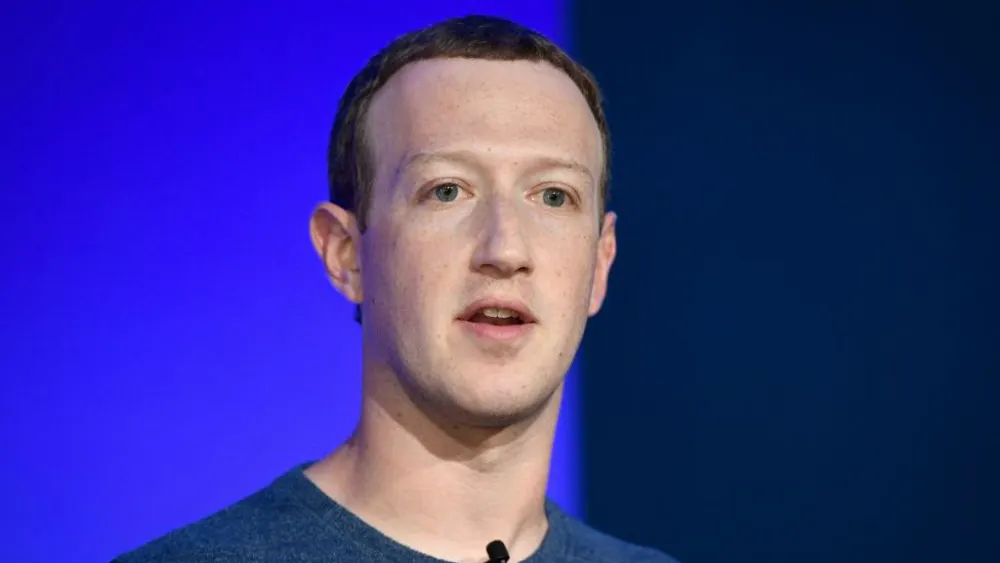Meta CEO Mark Zuckerberg and other senior executives at the social media firm are spending “most” of their time on various initiatives related to artificial intelligence, according to the company’s chief technology officer.
Meta CTO Andrew Bosworth remarked in a Wednesday interview with Nikkei Asia that the company would soon respond to the release of ChatGPT, a mass-market AI system that can draft emails or write code in a matter of seconds, with innovations of their own. Google and Meta are the vanguards of AI research with respect to the number of studies published.
“We’ve been investing in artificial intelligence for over a decade, and have one of the leading research institutes in the world,” Bosworth told the outlet. He added that Meta employs “hundreds” of AI researchers and is confident they are “at the very forefront” of AI innovation.
Meta expects to commercialize elements of its generative AI capabilities by the end of this year. Companies that advertise on Instagram and Facebook, both owned by Meta, could soon ask an AI system to develop images for their campaigns and thereby save “a lot of time and money.”
The technology will also be used to develop portions of the Metaverse, a virtual reality that Meta is currently building, which inspired the company to change its name from Facebook. “Previously, if I wanted to create a 3D world, I needed to learn a lot of computer graphics and programming,” Bosworth said. “In the future, you might be able to just describe the world you want to create and have the large language model generate that world for you. And so it makes things like content creation much more accessible to more people.”
The development of AI capabilities at Meta comes at a tumultuous moment for the social media firm. Zuckerberg dismissed 27,000 employees in recent months as the company seeks to cut costs and improve profitability. Even amid the economic uncertainty which partially inspired the layoffs, investors have encouraged Zuckerberg to continue funding AI innovation.
Technology companies otherwise battered by economic volatility have similarly rushed to incorporate AI solutions into their products. Microsoft, which has invested billions of dollars into ChatGPT creator OpenAI, announced last month that the system would be integrated into search engine Bing and internet browser Edge, allowing users to locate information or understand websites more easily. Google revealed one day earlier that Bard, an experimental conversational AI service, would soon be added to the company’s search engine, which has dominated the sector for two decades.
The breakneck rollout of mass-market AI prompted some technology leaders, including Elon Musk and Steve Wozniak, to endorse an open letter calling for a six-month moratorium on AI development as lawmakers and society at large consider the impact of AI on employment and information channels. Bosworth disagreed with the sentiment of the letter.
CLICK HERE TO GET THE DAILY WIRE APP
“I think it’s very important to invest in responsible development, and we do that kind of investment all the time,” Bosworth continued. “However, it’s very hard to stop progress and make the right decisions on what changes you would make. Very often you have to understand how technology evolves before you can know how to protect and make it safe. And so I think, not only is it unrealistic, I don’t think it would be effective.”

.png)
.png)

